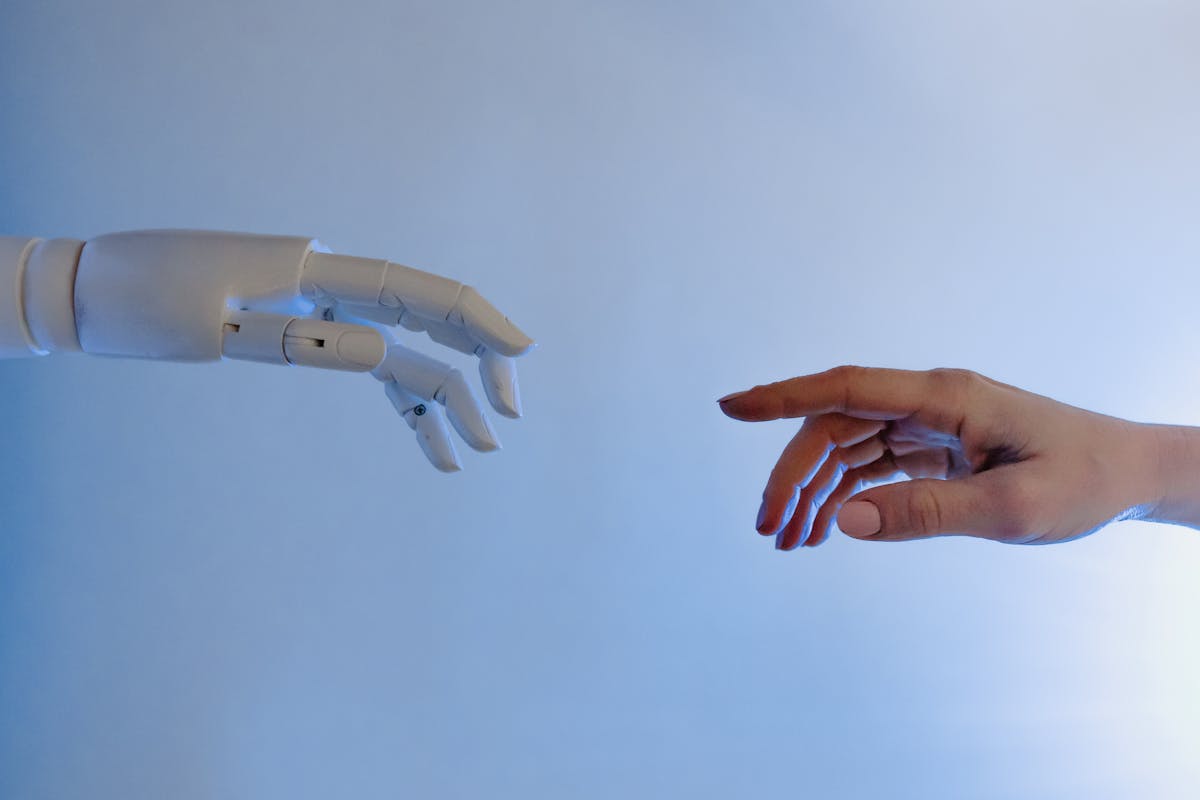As artificial intelligence becomes increasingly integrated into our daily lives, the importance of ethical AI development has never been more critical. The decisions we make today about how AI systems are designed, trained, and deployed will have profound implications for society's future.
Understanding AI Ethics
AI ethics encompasses a broad range of considerations, from ensuring fairness and avoiding bias to protecting privacy and maintaining transparency. These principles guide the development of AI systems that serve humanity's best interests while minimizing potential harm.
Key Ethical Challenges
Bias and Fairness
One of the most pressing concerns in AI development is the perpetuation and amplification of human biases. AI systems learn from data that often reflects historical inequalities and prejudices, potentially leading to discriminatory outcomes.
"The goal is not to eliminate all bias from AI systems, but to ensure that the biases we do have are fair, transparent, and aligned with our values."
Transparency and Explainability
As AI systems become more complex, understanding how they make decisions becomes increasingly challenging. This "black box" problem raises important questions about accountability and trust.
Privacy and Data Protection
AI systems often require vast amounts of data to function effectively, raising concerns about how personal information is collected, used, and protected.
Building Responsible AI
Creating ethical AI requires a multifaceted approach:
- Diverse Teams: Including diverse perspectives in AI development teams
- Ethical Guidelines: Establishing clear principles and standards
- Regular Auditing: Continuously monitoring AI systems for bias and fairness
- Stakeholder Engagement: Involving affected communities in the development process
The Role of Regulation
While self-regulation by the tech industry is important, government oversight and regulation play a crucial role in ensuring AI systems are developed and deployed responsibly. The challenge lies in creating regulations that protect citizens without stifling innovation.
Looking Ahead
The future of AI depends on our ability to navigate these ethical challenges successfully. By prioritizing responsible development practices, we can harness the transformative power of AI while building a more equitable and just society.
As we continue to push the boundaries of what's possible with AI, we must remember that the technology we create is a reflection of our values. The choices we make today will determine whether AI becomes a force for good or a source of harm in our world.
